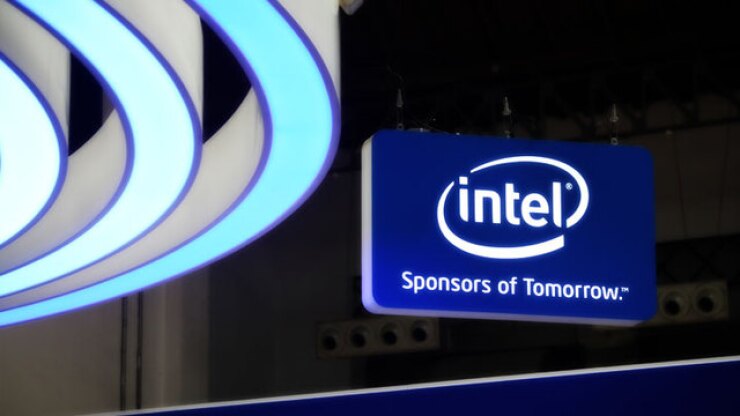The death of an appeals court judge has led the Ninth Circuit Court of Appeals to withdraw a decision that it issued last month, throwing a victory for the Internal Revenue Service into question.
The withdrawn
The Tax Court had invalidated the regulations under Section 482 of the Tax Code that require that related entities must share the cost of employee stock compensation in order for their cost-sharing arrangements to be classified as qualified cost-sharing arrangements, and thus avoid an IRS adjustment. The case was Altera Corp. v. Commissioner, 145 T.C. No. 3, invalidating 26 C.F.R. section 1.482-7A(d)(2).
However, one member of the three-judge panel who voted in favor of the IRS, Stephen Reinhardt, died on March 29, 2018, nearly four months before the publication of the decision. A footnote to the decision noted, “Judge Reinhardt fully participated in this case and formally concurred in the majority opinion prior to his death.”
Now, the Ninth Circuit has decided to withdraw the decision “to allow time for the reconstituted panel [which will include replacement judge Susan Graber] to confer on this appeal.”
The IRS made deficiency determinations based on Section 482 allocations under the regulations. A 15-judge panel of the Tax Court agreed with taxpayer Altera Corporation (later acquired by Intel) that the regulations were arbitrary and capricious.
In the July 24 ruling, the Ninth Circuit reversed the Tax Court, finding that the IRS’s rule-making authority complied with the Administrative Procedure Act, and that therefore the regulation is entitled to deference. Chief Judge Sidney Thomas wrote the majority opinion. A dissent by Judge Kathleen O’Malley would find, as did the Tax Court, that 26 C.F.R. Section 1.482-7A(d)(2) was invalid because it was arbitrary and capricious.
Now, if the late Judge Reinhardt’s vote is discounted, it appears the court is evenly split, with the ultimate outcome awaiting the decision of Judge Susan Graber, who succeeded Reinhardt on the panel.






